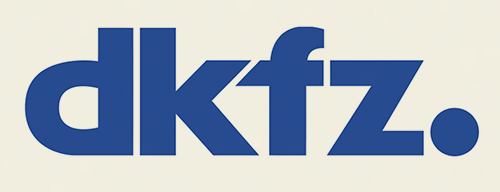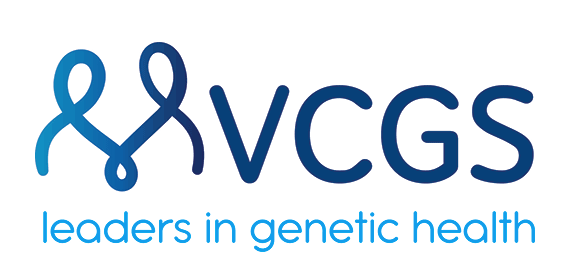PROJECT UPDATE
Victorian Clinical Genetics Services (VCGS) now offers an advanced diagnostic test for brain tumours, made accessible through a subsidy from the Victorian Government.
Following the successful translation into the clinic and accreditation of this advanced diagnostic test for brain cancer, RCD together with Murdoch Children’s Research Institute was pivotal in securing funding from the Victorian Department of Health through the Victorian Cancer Agency, to subsidise the cost for 100 Australian patients tests and evaluate the test’s economic benefits and its impact on patient treatment and outcomes. The goal is to have the test covered by existing healthcare funding programs, removing financial barriers to testing, making it more accessible.
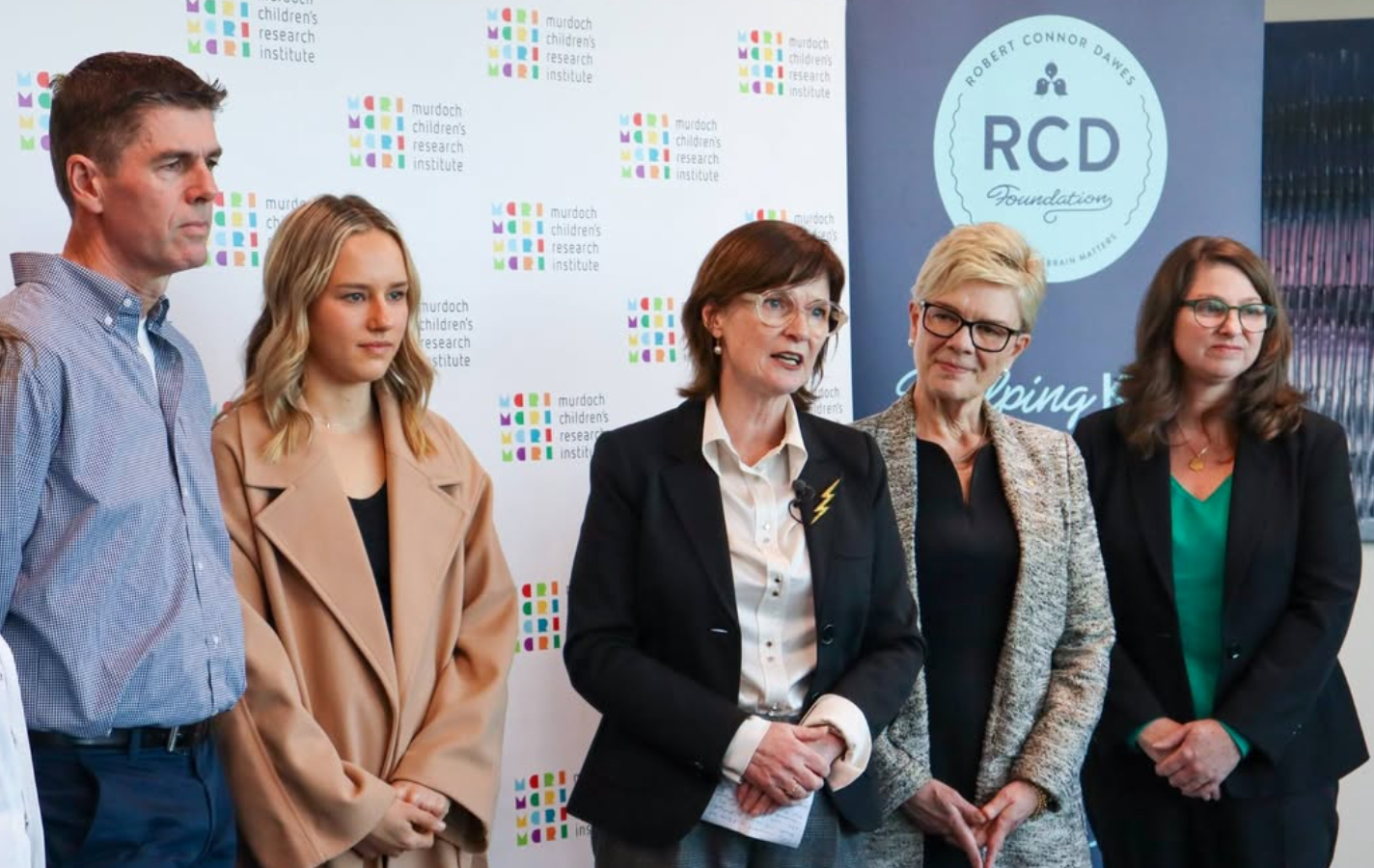
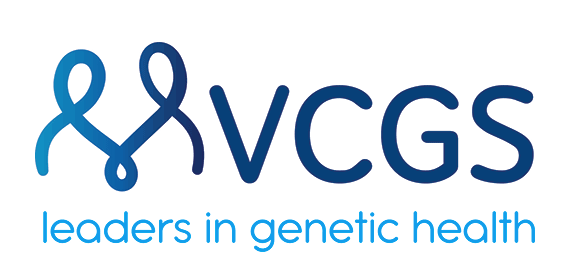
In an Australian first, we are pleased to announce the AIM BRAIN Project has received NATA accreditation.
The achievement of NATA accreditation is a huge milestone in the transition from a research project to a certified pathology test, placing Australia alongside the United States, Canada and United Kingdom as one of the few countries world-wide to offer clinically validated methylation profiling.
“NATA accreditation is a fundamental step to provide confidence around accuracy and consistency of the results, as well as longer term sustainability of the platform here in Australia,” said Professor Nick Gottardo, Chair of ANZCHOG and Co-Chair of the AIM-BRAIN PROject. “We have leveraged our connections with our international colleagues at the German Cancer Research Centre (DKFZ) so our children have access to the latest, world-leading diagnostic tools.”

BRINGING WORLD-LEADING BRAIN TUMOUR RESEARCH TO YOUNG AUSTRALIANS
$2,000,000
The AIM BRAIN project helps doctors better understand individual types of tumours. With better understanding, treatments can be better tailored to the individual brain tumour battlers to increase their odds of beating the cancer and in some cases, not risk being over treated.
Our Foundation partnered with the Federal government and Carries Beanies 4 Brain Cancer to validate new diagnostic test for patients with brain cancer which changes the diagnosis and treatment in up to 20% of cases. The test has been thoroughly validated through a clinical study involving sites across Australia and New Zealand. Results were benchmarked against gold standard testing in Germany and achieved 99% concordance. It involves profiling modifications to the tumours DNA which affect its activity (called DNA methylation profiling) to more specifically diagnosis the type of tumour at a molecular level.
Together with the new Brain Centre at WEHI, RCD is now committing more funds to support the translation of this important test into the Victorian Clinical Genetic Services at the Royal Children’s Hospital so that every child in Australian and New Zealand with a brain tumour can have access to the best available diagnostic test.
What is a molecular subtyping service?
Good question (we would be surprised if you knew the answer already).
There are around 120 different types of brain tumours and each one responds differently to various types of treatment. Recently, there have been significant breakthroughs in the methods used to identify specific tumours. One such method is methylation profiling of the tumour DNA. Essentially, this will give doctors more specific information about the type of tumour someone has, and they will be able to develop ways to tailor the treatment for the best possible outcomes.
How does it work?
Using state of the art technology, this research will examine the chemical tag, methylation, on the DNA of thousands of genes in brain tumour samples. Methylation tags are present in different patterns that are unique to different types of brain tumours. Hence these unique methylation patterns can be utilised to refine the diagnosis of a tumour thus ensuring that the most effective treatments are given.
Pictured: Clustering of brain tumours on a methylation “heat map”. Image from Columbia University Medical Centre
RCD Foundation Legacy Ambassador, Olivia Phelan was 15-years-old when she was diagnosed with an ependymoma in January 2017. The shock diagnosis saw Olivia undergo major surgery. She was treated by Dr Jordan Hansford, an oncologist the Robert Connors Dawes Foundation works closely with. Olivia was eligible to to take part in the AIM Brain Project, allowing rapid access to the best and most accurate diagnostic information about her tumour.
"It makes me excited to think that more people will have the same chance that I had. I think it's so important that we can reach as many people as possible. I'm so healthy today and I want as many young children as possible to grow up and have the best chance at life."
PROUDLY FUNDED BY
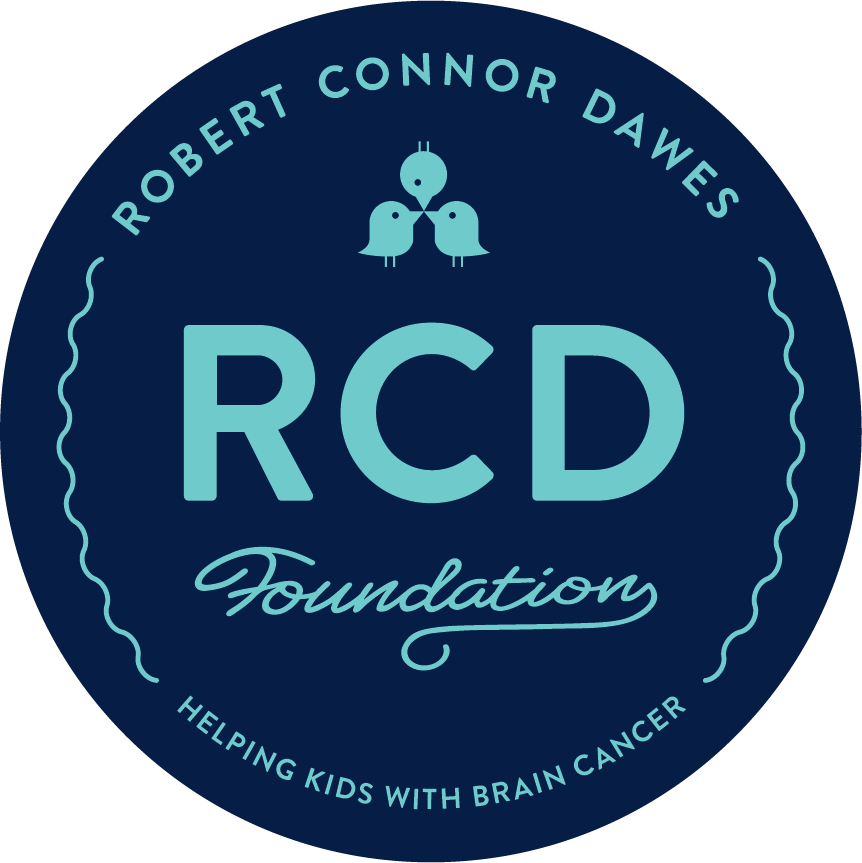

CO-FUNDED BY
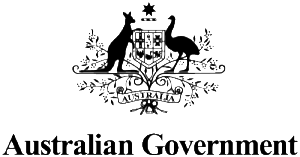
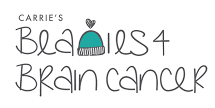
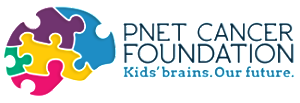

RESEARCH PARTNERS


